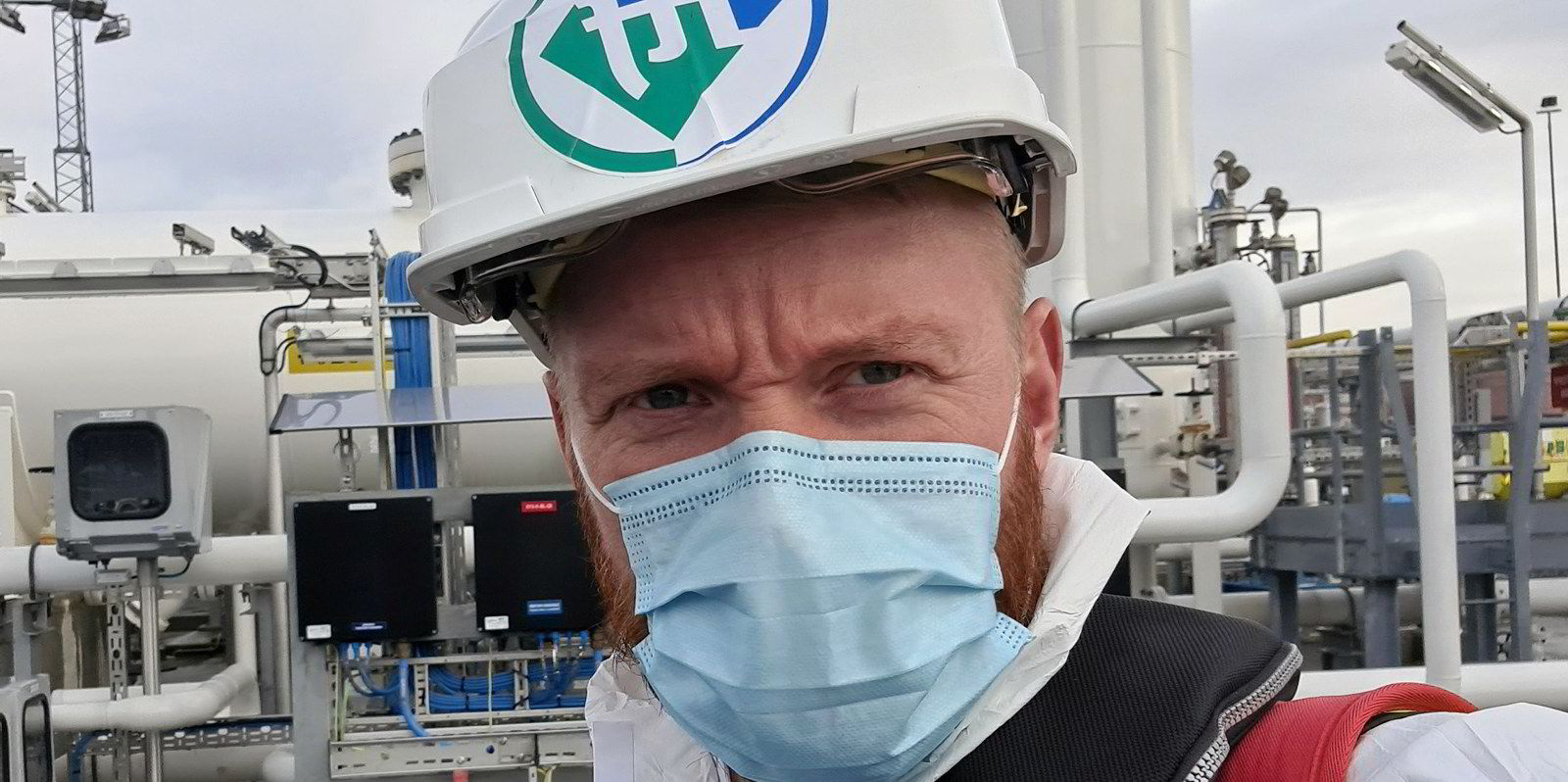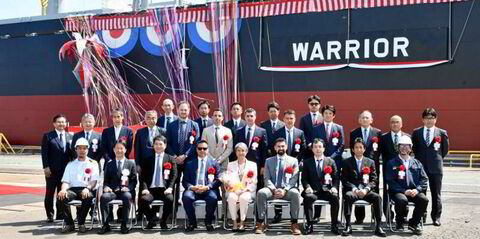The International Transport Workers Federation (ITF) is claiming it recovered over $37m in unpaid wages for its seafarer members in 2021.
It said despite restrictions on boarding ships caused by the pandemic, its 125 inspectors around the world managed to carry out 7,265 inspections in 2021.
ITF inspections look for overwork, underpay and modern slavery.
ITF Inspectors have the right to examine wage accounts, employment contracts, and to review recorded hours of work and rest to uncover cases of unlawful exploitation.
“Concerningly, we’re seeing a rise in the number of seafarers reporting non-payment of wages for periods of two months or longer, which actually meets the ILO’s (International Labour Organization) definition of abandonment,” said ITF inspectorate coordinator Steve Trowsdale.
“Seafarers might think it’s normal to go unpaid for a couple of months, waiting for a shipowner to sort out financing, but they need to be aware that non-payment can also be a sign that a shipowner is about to cut them loose and leave them abandoned,” he added.
Trowsdale said the ITF also uncovered 85 cases of abandonment last year.
The ITF inspector even went on to claim that he has seen evidence that some owners used the pandemic as an excuse to keep seafarers onboard, when they should have been flown home after completing their contract.
At the peak of the pandemic around 400,000 seafarers could not return home, or join ships, because of quarantine and travel restrictions to prevent the spread of coronavirus.
Violation of human rights
“There is evidence that some shipowners were using Covid-19 as an excuse to keep seafarers working beyond their initial contracts and in complete violation of those seafarers’ human and labour rights,” said Trowsdale.
He said the ITF managed to help thousands of such seafarers get home.
“Keeping crew onboard while pretending their hands were tied may have saved those employers a few dollars in flight fares, but in today’s society that kind of conduct gets noticed. There are no shadows to hide in anymore when it comes to global supply chain accountability,” he said.




